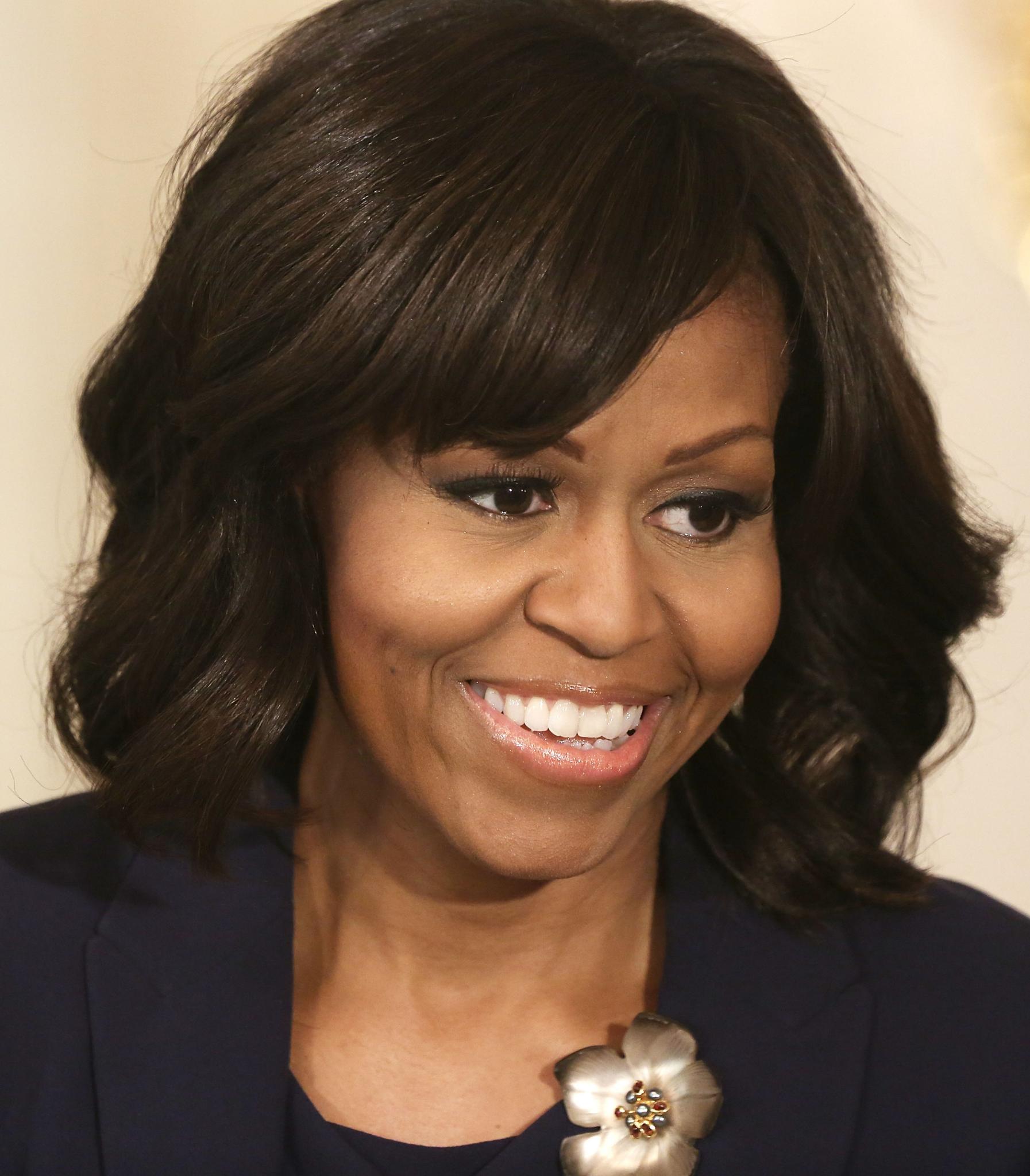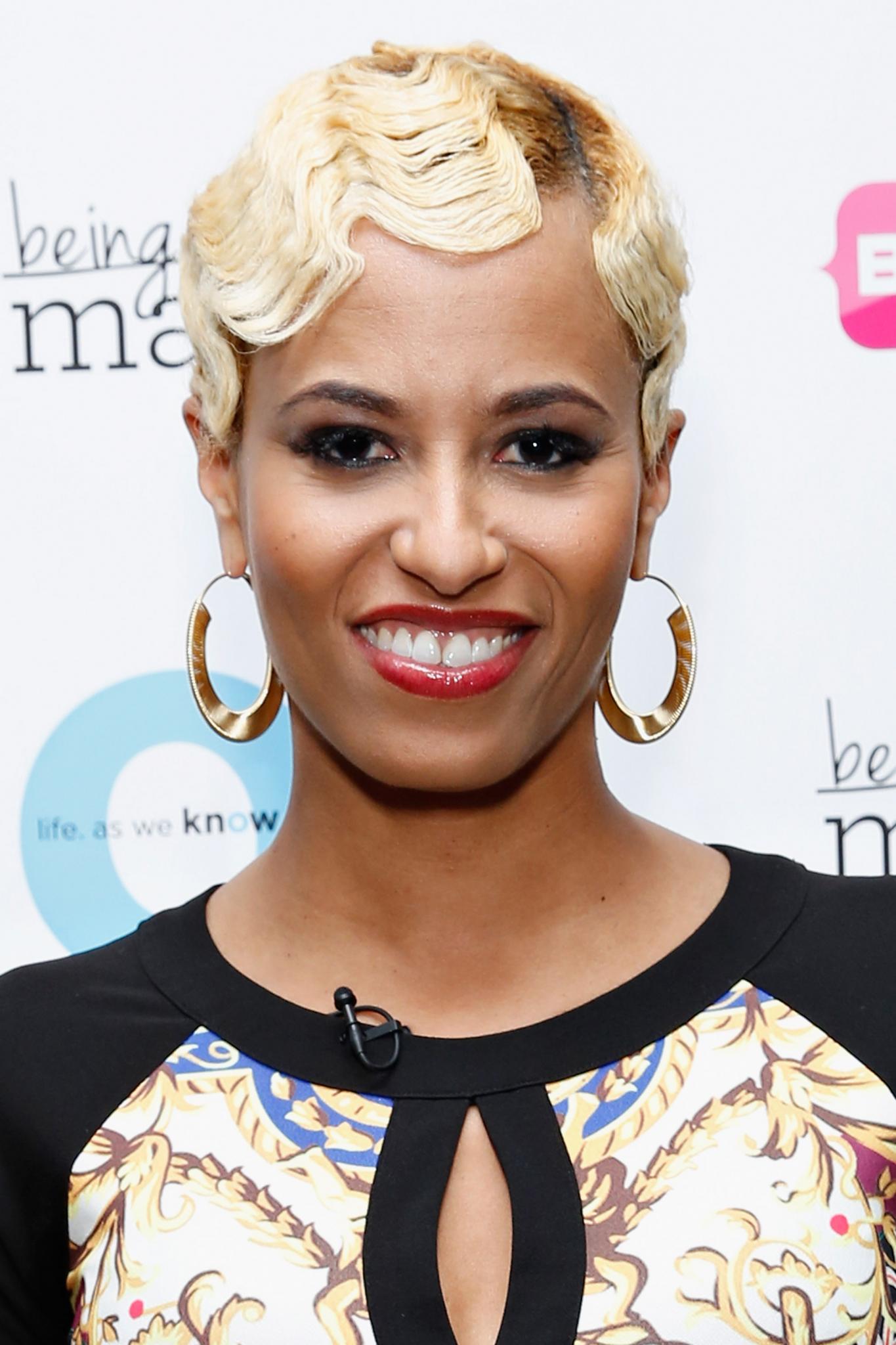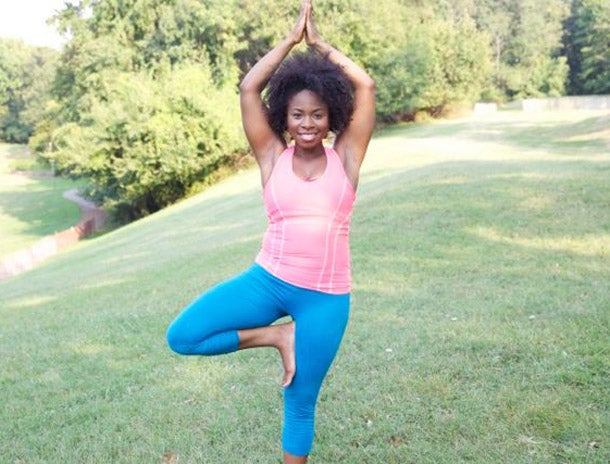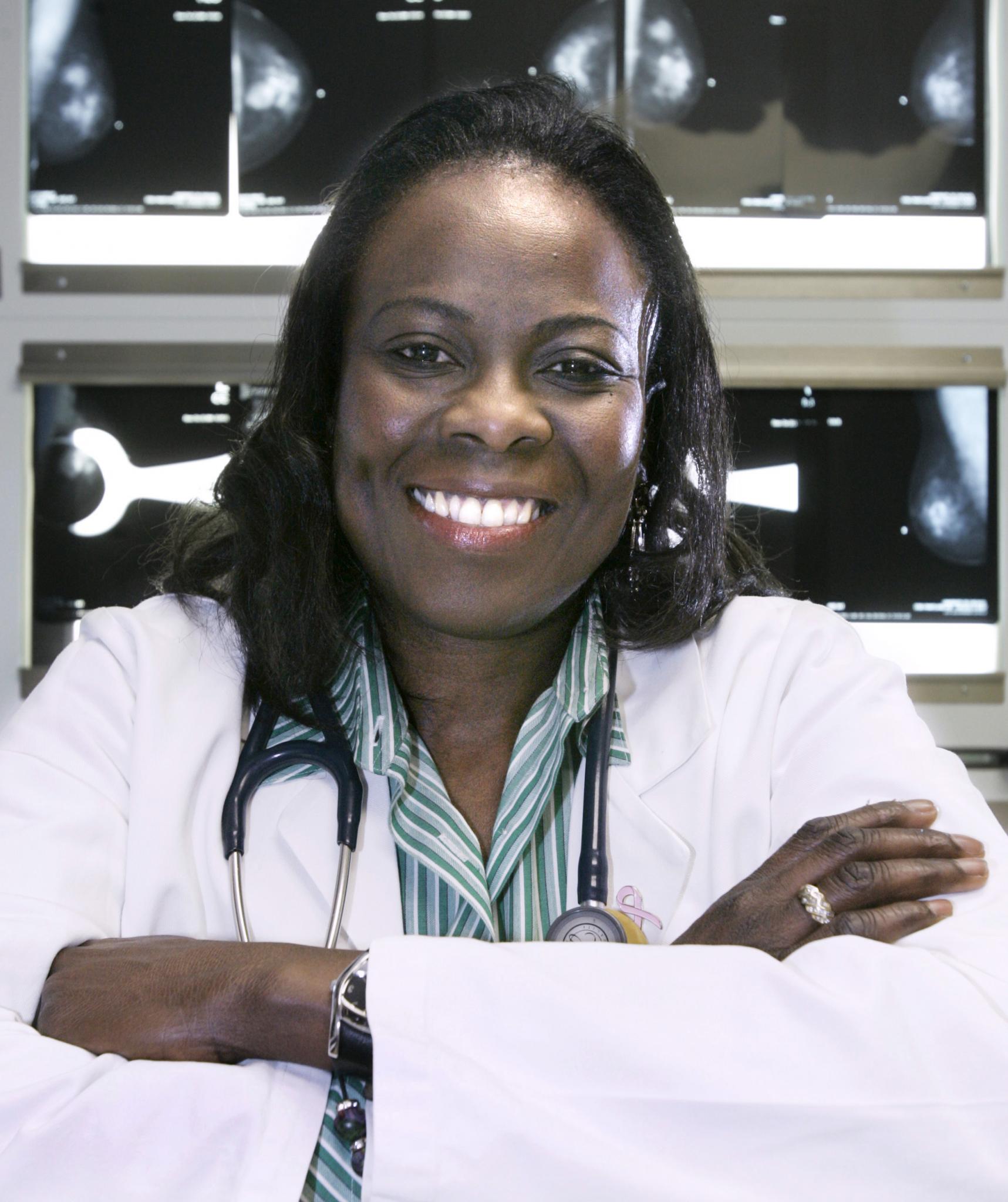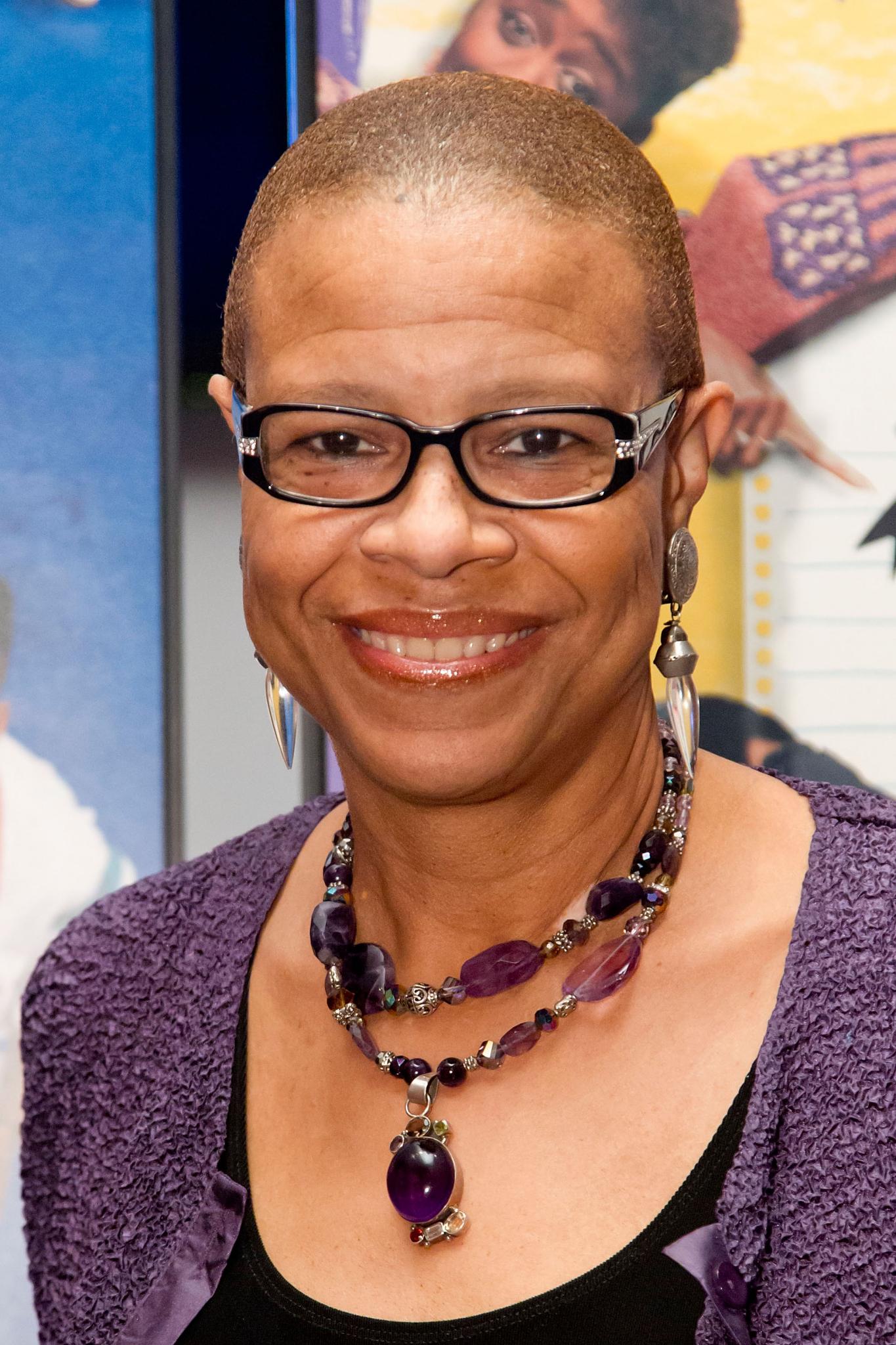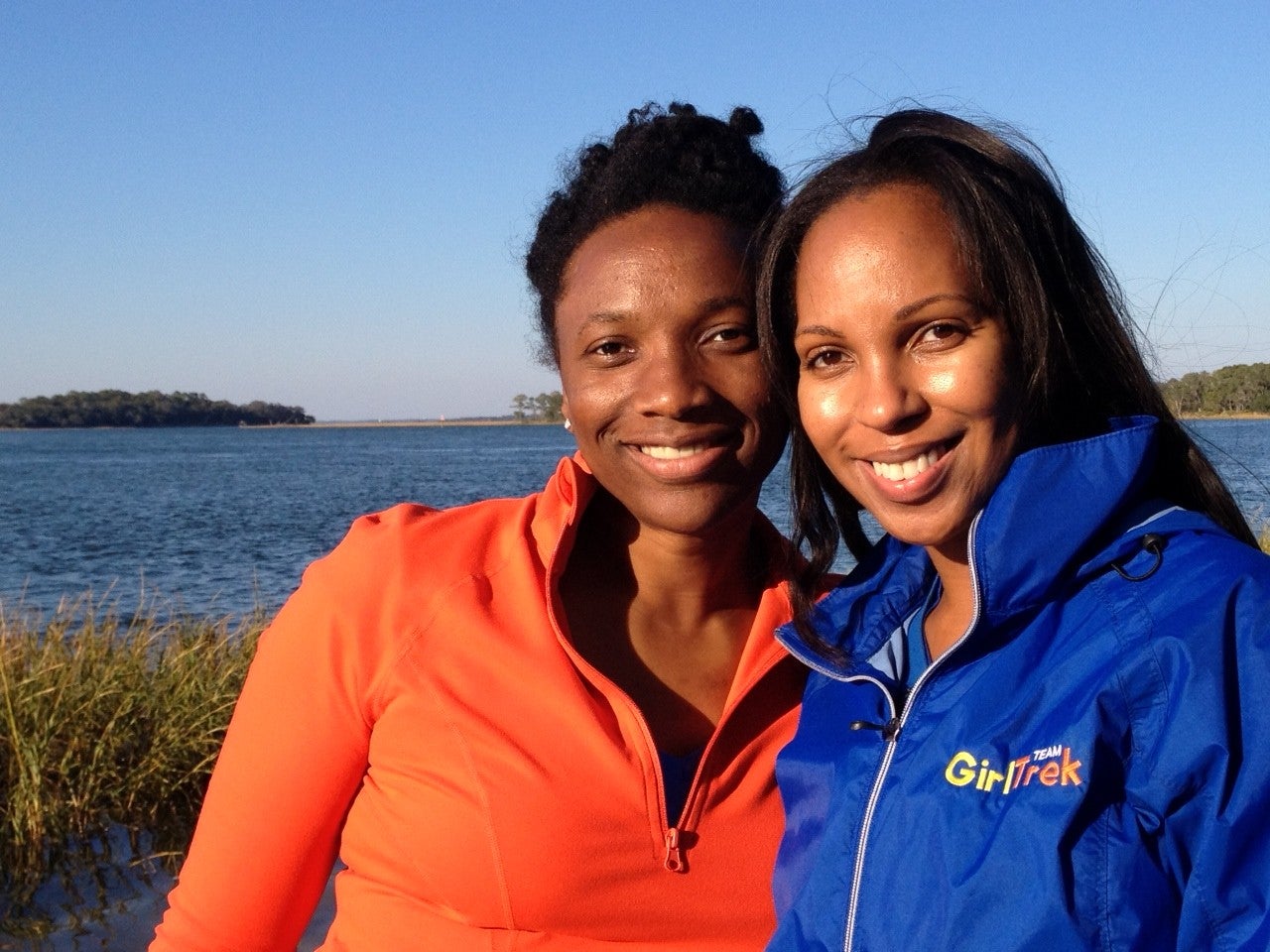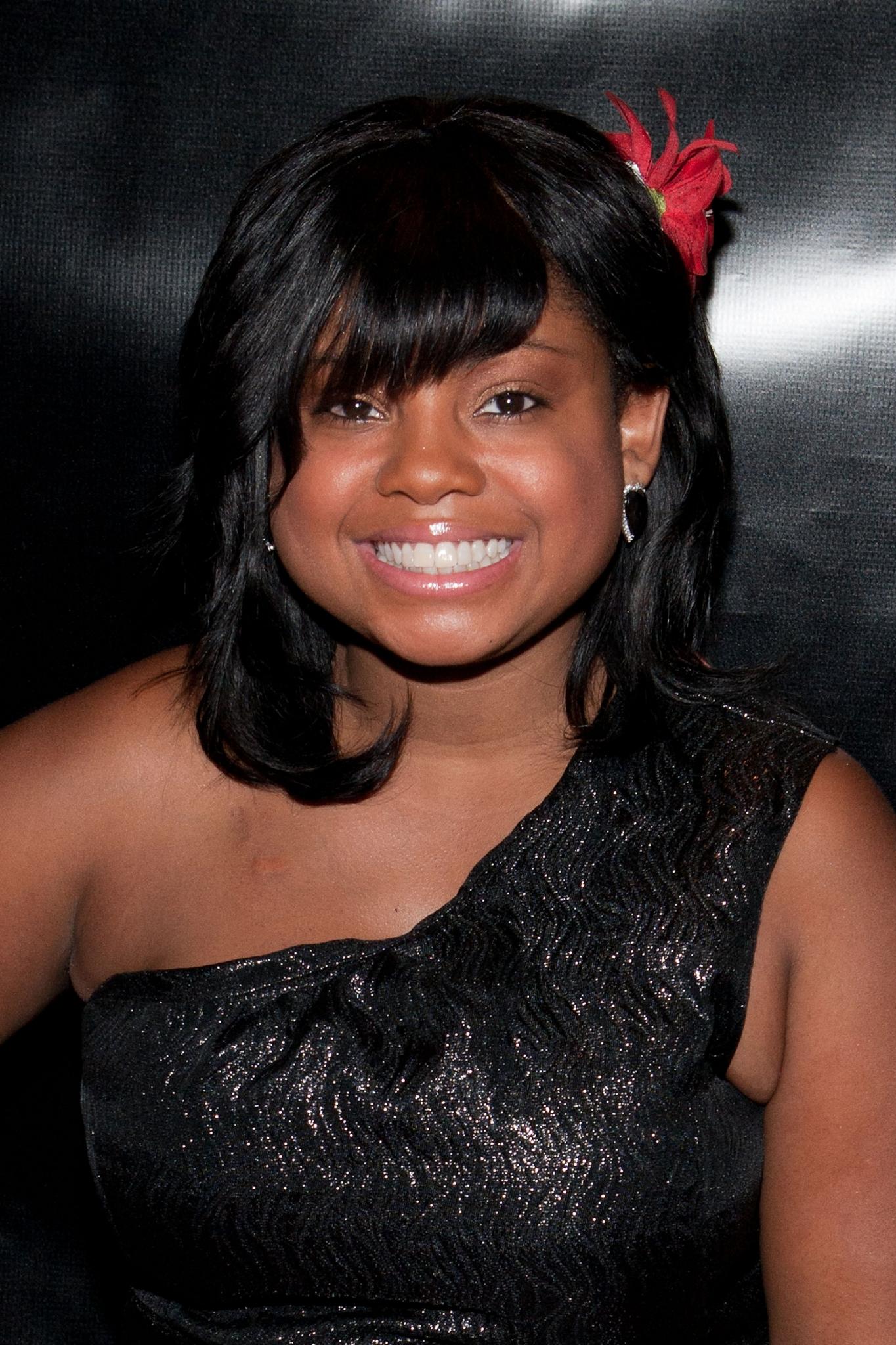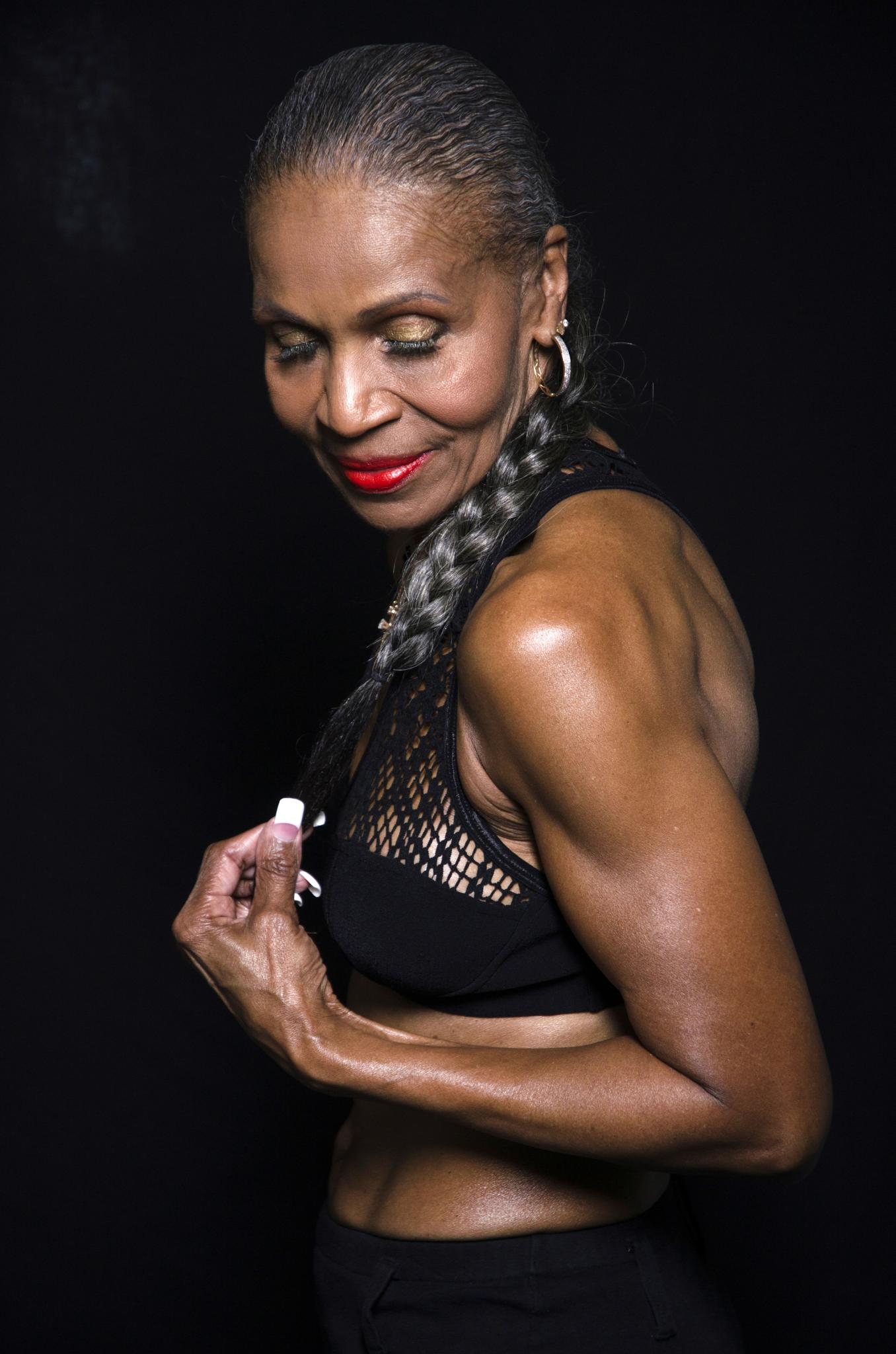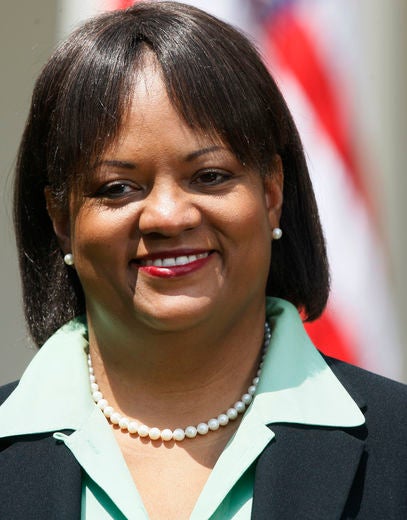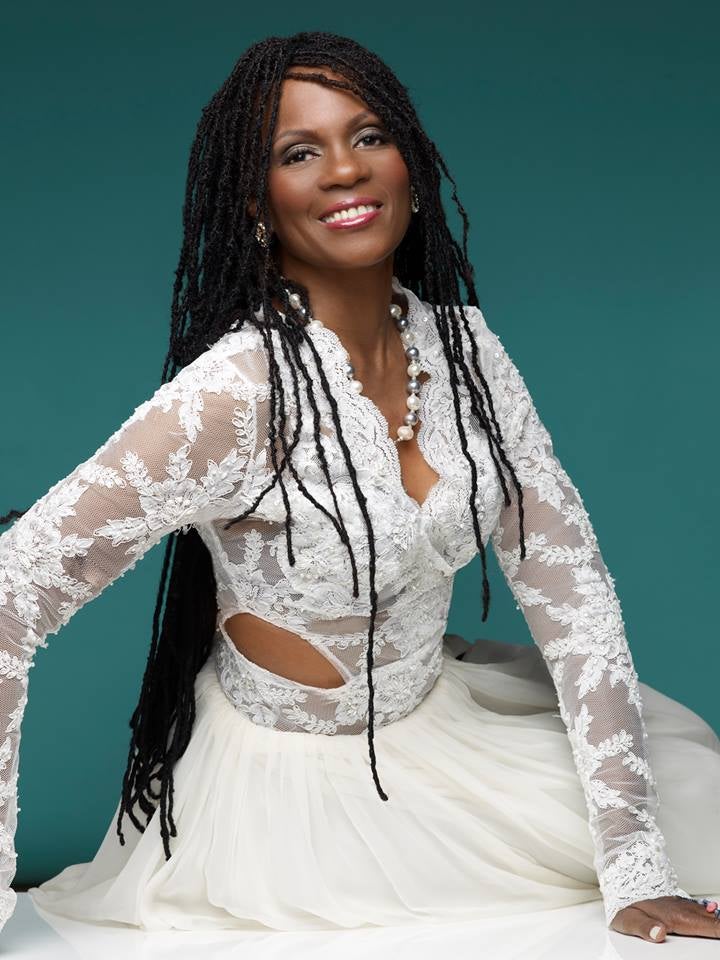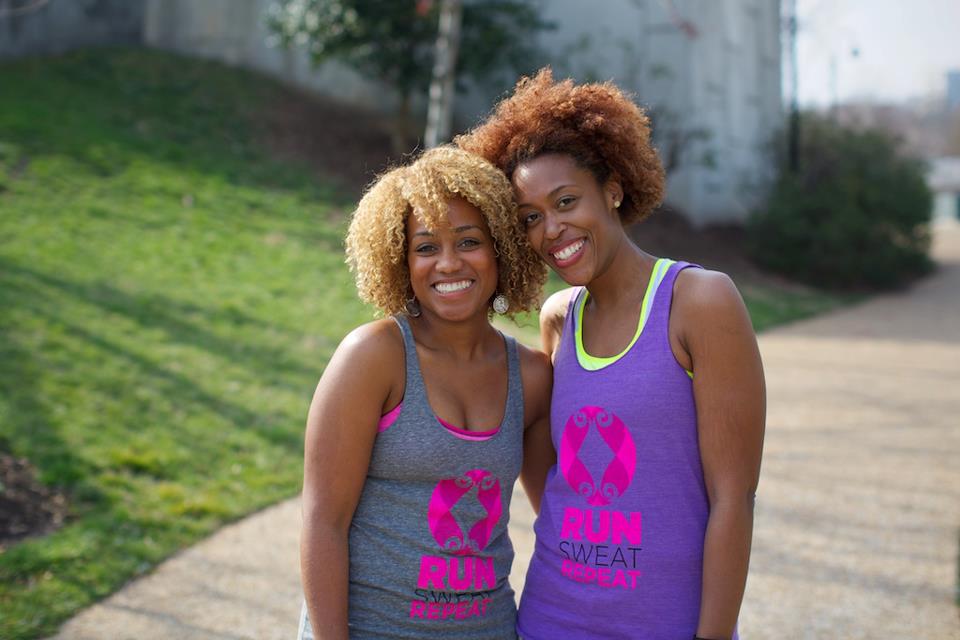Somehow, her arms became the focal point when the whole person is pretty darn amazing. Since President Obama took office, the First Lady has made it her personal mission to launch Americans off their couches and office chairs. Let’s Move!, her fitness brainchild, focuses on combating childhood obesity but enlists the participation of whole families and communities to make young people less sedentary and more active. To do that, the 50-year-old has hit the Dougie, exercised on the White House lawn and ran fitness obstacle courses in elementary school cafeterias. But she also leads by example, ensuring that her entire family embraces the lifestyle, demonstrated in daily work outs with her husband in the morning.
Starring on CBS’ Emmy Award-winning show The Doctors, Ross’ straight-no-chaser approach to family health—including sexology—cracks open taboo subjects for the harmony of the entire family unit. Since happy parents generally raise happy kids, and happy parents have healthy sex, she sees the two as interconnecting entities. Ross may have been born to be a doctor: she maintains a family practice in Gary, Ind., with her father and brother, both physicians, as was her sister Rebekkah until she passed away in 2011. Ross is also a favorite on the university speakers’ circuit and has written a book, Down Right Feel Right: Outercourse For Her & For Him, to help couples develop greater intimacy.
A Washington, DC wellness activist who calls her teaching a “revolutionary act of service,” Leigh is part of a movement to improve the health of residents in the predominantly Black, largely underserved southeast section of the city where carry-outs far outnumber fresh grocers. She started offering free Vinyasa yoga classes at libraries and community centers, thus launching her effort to counter the socioeconomic stressors that saddle Black women in her community with fibroids, high blood pressure and digestive issues. Calling herself the “Anacostia Yogi” in honor of her adopted neighborhood, she promotes healthy eating, advocates for meditation and teaches her signature Soulful Flow classes to introduce residents to the healing and meditative power of yoga.
Perhaps one of the most respected oncologists with a specific interest in Black women, Olopade’s research has studied the complex interactions between genetics, lifestyle and environment in breast cancer diagnoses. Using that knowledge, the professor and dean at University of Chicago Medical Center works to improve screenings and early detection testing for moderate and high-risk populations like African-Americans, who are susceptible to more aggressive breast cancer and likelier to be diagnosed at a younger age. Her expertise in familial cancer, risk assessment and prevention earned her appointment to the National Cancer Advisory Board by President Obama. In that role, she oversees the activities and research investments of the National Cancer Institute.
As the powerhouse behind her eponymous public relations and communications firm, she has represented the upper echelons of Black Hollywood—her first clients were Eddie Murphy and Miles Davis—and a wow-worthy list of Fortune 500 brands. That success didn’t exclude Williams, who is also a trained social worker, from being sidelined by debilitating clinical depression, an experience that spurred her mental health advocacy. After her diagnosis, she went public with her story to quash Black folks’ long-held stigmas against treatment. She penned Black Pain: It Just Looks Like We’re Not Hurting, one of her four best-selling books, to help others recognize the signs of depression, avoid isolation and get therapy.
Once upon a time, they were just girlfriends on the phone discussing the health challenges facing their families and community. It must’ve been one heck of a conversation: they credit it as the catalyst behind GirlTrek, a two-year-old nonprofit that rallies Black women to change their health simply by walking at least 30 minutes a day. Last year, the twosome galvanized more than 15,000 women and girls to walk in honor of Harriet Tubman. This year, they’re inviting sisters and supporters to do it again by walking for 100 minutes on Saturday, March 8, 2014. The moving tribute to Mother Harriet is, at the same time, Garrison and Morgan Dixon’s way of catalyzing a proactive adjustment in diet and exercise. They have their sights set on a goal to have one million people walking by 2018.
Her story is as familiar as her beautiful face: born with congenital HIV and diagnosed with AIDS when she was 5, she’s grown up an advocate for HIV awareness, even as society itself stumbled through stigmas, half-truths and new discoveries about the disease. In her early activism, she appeared on Oprah, partnered with Magic Johnson and humanized the disease on Nickelodeon. Now 29, Broadbent personifies the full life that can be led with AIDS. Rather than allowing herself to be victimized by her diagnosis—and leading by example for others to do the same—she travels extensively as a motivational speaker and advocate, encouraging women to reduce their risk, protect their bodies and embrace their self-worth, regardless of their status.
During a shopping trip with her sister, Shepherd stood under the unforgiving fluorescent lights of a store dressing room and didn’t like what she saw. She was 56 at the time but she vowed to get in shape, starting with aerobics. Shortly after she began her pursuit of a healthier lifestyle, her sister passed from a brain aneurysm, but Shepherd pressed on in her honor, ultimately snagging a spot in the Guinness Book of World Records as the oldest female bodybuilder. Now 77, the Baltimore grandmother runs at least 10 miles a day, has nine marathons under her belt and won two bodybuilding contests. That’s personally fulfilling, but so is this: she teaches a fitness class for seniors at her church and has become a no-excuses evangelist for getting off the couch and getting in the gym at any age.
Appointed the 18th Surgeon General by President Obama in 2009, Benjamin spent her four-year term overseeing a global network of public health officers and shifting the national attitude about health from sickness and disease to wellness and prevention. She simultaneously served as the first chair of the National Prevention Council, a consortium of 17 cabinet-level federal agencies. Before that, she founded the Bayou La Batre Rural Health Clinic, a family practice in an underserved Gulf Coast community, addressing the needs of the insured and uninsured and, when necessary, hopping in her pickup truck to reach patients in the most far-flung areas. The first physician under the age of 40 and the first Black woman elected to the board of the American Medical Association, she’s also an advocate helping others establish clinics in other remote areas so that high-poverty communities can still have access to high-quality care.
For this sexagenarian, 60 is the new 60 because if you treat your body right, there’s no need for it to be anything else. For some 30 years, her personal and professional life’s work has been teaching people—particularly Black folks—the art and science of natural living and the joy of holistic wellness. She counts Stevie Wonder, Iyanla Vanzant and Erykah Badu among her clientele, but her ministry of wellness has earned her a devoted following who have benefited from her detoxes and retreats. The author of several best-selling books, including Sacred Woman: A Guide to Healing the Feminine Body, Mind and Spirit, she operates under the mantra “the power to heal thyself is within.”
Black runners: depending on where you live, you may not always see them, but trust that they are out there. Friends and fellow fitness enthusiasts Carey and Hicks created Black Girls RUN! in 2009 to knit together a community of runners and counter the obesity epidemic cited by the CDC, which says some 80 percent of Black women are overweight. The effort has turned into a movement, complete with a national health tour, major media sponsors and a nicely incentivized 5K run with Morris Chestnut. Nearly 70 running groups now thrive across the country, boasting more than 62,000 novice and seasoned runners helping each other reach their fitness goals and, at the same time, slaying the myth that Black girls cannot, will not or do not run.

